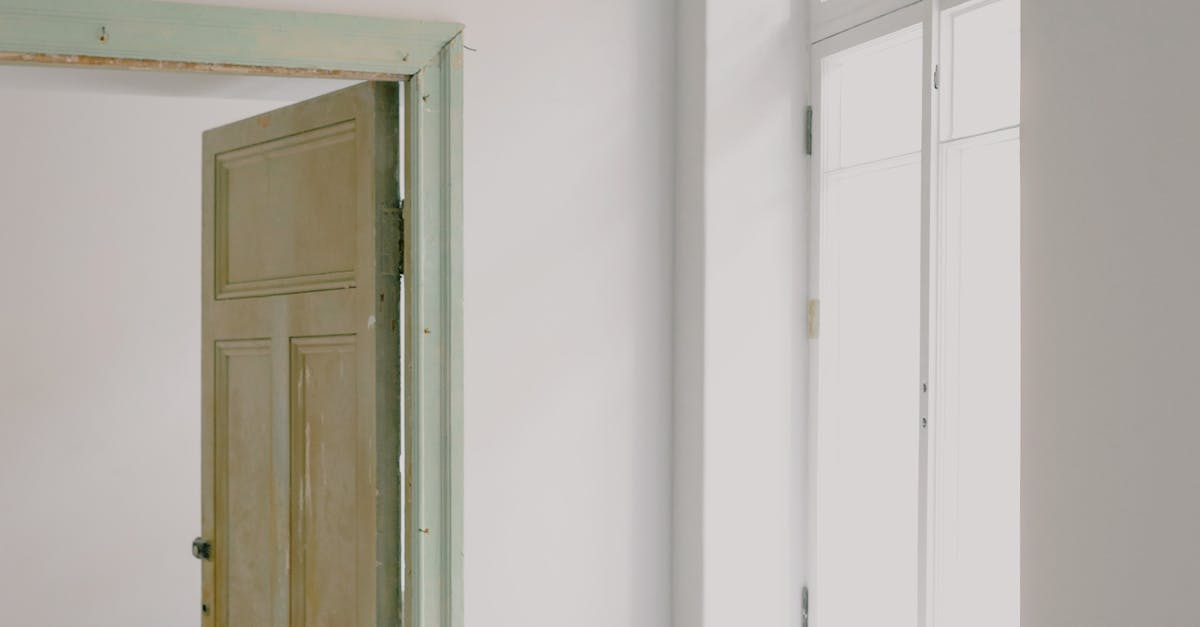
Upgrading Your Split System CompressorSitemap
When considering upgrading your split system compressor, there are several benefits to keep in mind. A new compressor can significantly improve the overall energy efficiency of your system, resulting in lower energy bills and reduced environmental impact. By upgrading to a more advanced compressor model, you can enjoy better performance and a more comfortable indoor environment.
In addition to energy efficiency, a new compressor can also help extend the lifespan of your split system. Upgrading to a more reliable compressor reduces the likelihood of breakdowns and costly repairs in the future. It is important to stay proactive in maintaining your system to ensure optimal performance and longevity.
ign to look out for is an increase in your energy bills without a corresponding increase in usage. A compressor that is failing to operate efficiently will require more energy to maintain the same level of cooling, leading to higher electricity costs. Moreover, if you detect refrigerant leaks around the compressor unit, it could be a clear indication of a serious problem that warrants a replacement. Keeping an eye out for these warning signs can help you address compressor issues promptly, ensuring optimal performance and efficiency of your split system.
Environmental Impact of Split System Compressors
Split system compressors, while essential for cooling and heating in residential and commercial settings, can have a significant environmental impact if not properly managed. The refrigerants used in these systems, such as hydrochlorofluorocarbons (HCFCs) and hydrofluorocarbons (HFCs), are potent greenhouse gases that contribute to ozone depletion and global warming. When these refrigerants leak from a compressor, they can harm the environment and human health.
To mitigate the environmental impact of split system compressors, proper maintenance and timely repairs are crucial. Regular maintenance by qualified technicians can help detect and fix any refrigerant leaks before they escalate. Additionally, when replacing an old compressor, it is important to adhere to proper disposal procedures to prevent the release of harmful refrigerants into the atmosphere. By being mindful of the environmental implications of split system compressors and taking proactive steps to minimise their impact, we can contribute to a healthier planet for current and future generations.
How Can You Dispose of an Old Compressor Responsibly?
When it comes to disposing of an old compressor from your split system, it is crucial to take the necessary steps to ensure that it is done responsibly. Compressors contain refrigerants that can be harmful to the environment if not handled properly. Therefore, it is important to contact a licensed professional who can safely remove the compressor and dispose of it in accordance with environmental regulations.
Many local waste management facilities have specific guidelines for the disposal of compressors and other appliances containing refrigerants. By following these guidelines, you can prevent these harmful substances from being released into the environment. Additionally, some manufacturers offer take-back programs for old compressors, allowing you to return the unit to them for proper disposal or recycling. By taking these responsible steps, you can do your part in protecting the environment while safely disposing of your old compressor.
FAQS
What is the role of a compressor in a split system?
The compressor in a split system is responsible for pumping refrigerant between the indoor and outdoor units, allowing for the cooling or heating of the indoor space.Split System Melbourne
How does a new compressor improve energy efficiency in a split system?
A new compressor in a split system can improve energy efficiency by operating more smoothly and effectively, reducing the overall energy consumption of the system.
What are the signs that indicate your compressor needs replacing in a split system?
Signs that your compressor may need replacing in a split system include strange noises, inconsistent cooling or heating, and increased energy bills.
How can you extend the lifespan of your split system compressor?
To extend the lifespan of your split system compressor, it's important to schedule regular maintenance, keep the filters clean, and ensure proper airflow around the unit.
How can you responsibly dispose of an old compressor from a split system?
To dispose of an old compressor from a split system responsibly, you can contact local recycling centers or HVAC professionals who can safely handle the disposal according to environmental regulations.
Related Links
Types of Compressors Used in Split System Air ConditionersExtending the Lifespan of a Split System Compressor
Compressor Noise Reduction Techniques for Split Systems
Compressor Installation Best Practices for Split System Units
Compressor Technology Advancements in Split System Air Conditioners